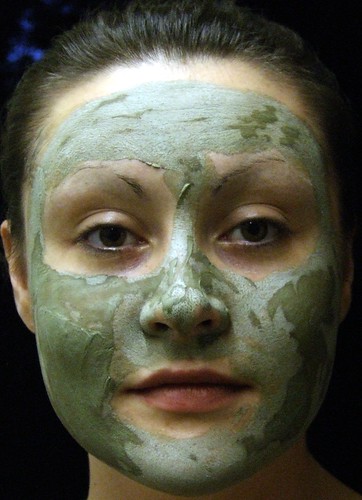Despite the fact that it is the single largest organ in the human body, our skin is often overlooked and all too often neglected. Although many people believe the only poor consequence of improper skin care would be a poor appearance, our skin does a lot more than we credit it for.
The role of skin
Ask many people what the main role or function of their skin is and they’ll probably answer that it is merely an outer layer, covering and keeping our internal organs safely encased. Biologically speaking, our skin does a lot more than that simply acting as a “wrapper”.
As well as being responsible for our outer appearance, our skin is also responsible for regulating our body temperature and helps to prevent harmful toxins entering the body which in turn protects and strengthens the immune system.

What skin needs
In order to fulfil these important functions, there are five elements which are vital to the health and abilities of the skin.
Firstly, many people are told that the nutrients and vitamins in their food are important for their health and weight control, but what they might not be aware of is that nutrients are also important for healthy skin function. Without adequate vitamins and proteins, the skin will not only appear dull or lacklustre but may not be able to perform as it should. Furthermore, sugars and fats from “bad” foods can quickly build up and cause the skin to appear greasy and prone to spots.
Rest and relaxation are also important. Just as our brains process thoughts and rejuvenate as we’re asleep, our skin renews itself; thus proving that it’s not known as “beauty sleep” for nothing.
Water is essential for the health and wellbeing of our skin. Just as any other organ would, skin needs hydration but many people don’t drink enough water during the day. A good guide is to try for at least 2 litres per day.
Next, our skin requires fresh air and natural sunshine. Many people think they can replicate this with artificial tanning but it is the vitamin D from natural sunshine and the fresh air which invigorates the lungs that makes the difference.
The final step
The final step to healthy skin is the routine of skincare which we ourselves can embark upon. A skincare routine should consist of four steps:
Step 1 is cleansing. Before going to bed and before applying any products to the skin, it should be thoroughly cleaned. Finding the right cleanser for your skin type is also essential. A clear cleanser is great for greasy skin whilst a cream is perfect for dryer skin. Step 2 involves exfoliating and means scrubbing away any dry or dead skin cells which would block those important nutrients from getting in. You can use a mitt or a special cleanser for this. After that is Step 3 which involves moisturising the skin and finally Step 4 which is to protect against future sun damage which a daily pasting of sun protecting lotion. Even in the winter it’s still essential to use at least an SPF30 and many moisturisers have SPF30 built in.
Jane Watts is a freelance writer who covers health and beauty issues.

